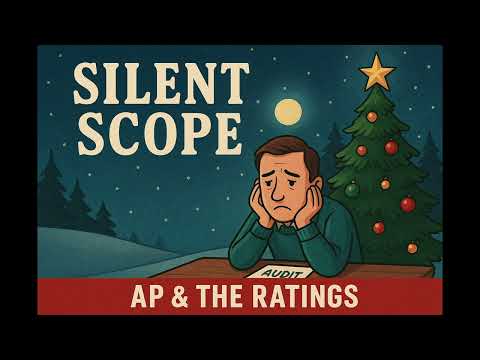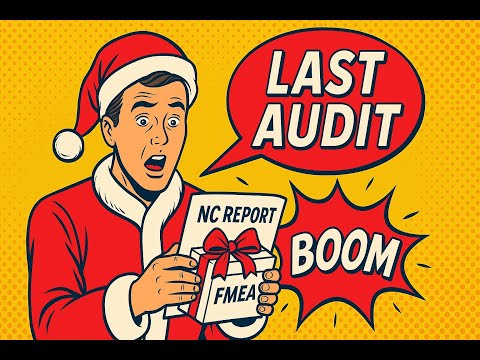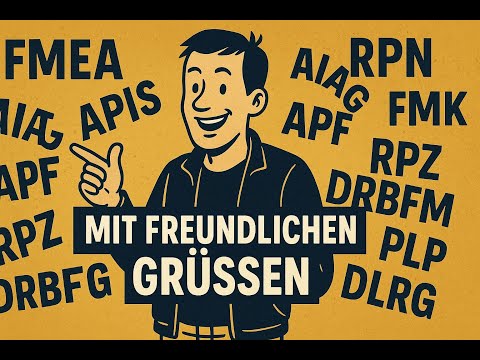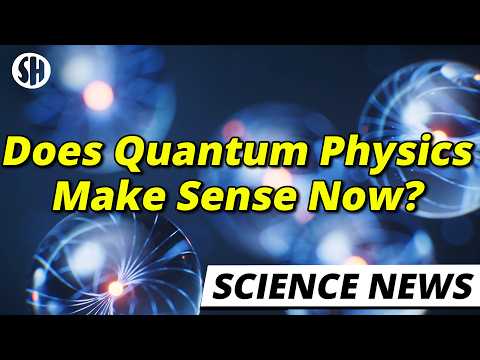Moin zusammen! 👋
#QM & #Controlling in der #SozialeArbeit – systemtheoretisch gedacht?! Das kann sogar Stoff für ein gutes 2-Tage-Seminar sein.
Eine Leitorientierung aus der Nachbereitung der beiden letzten Tage an der #FHMünster teile ich hier:
„Nutze Qualitätsmanagement, um Spielräume selbst- und professionsbewusst zu verteidigen!“
Denn...






